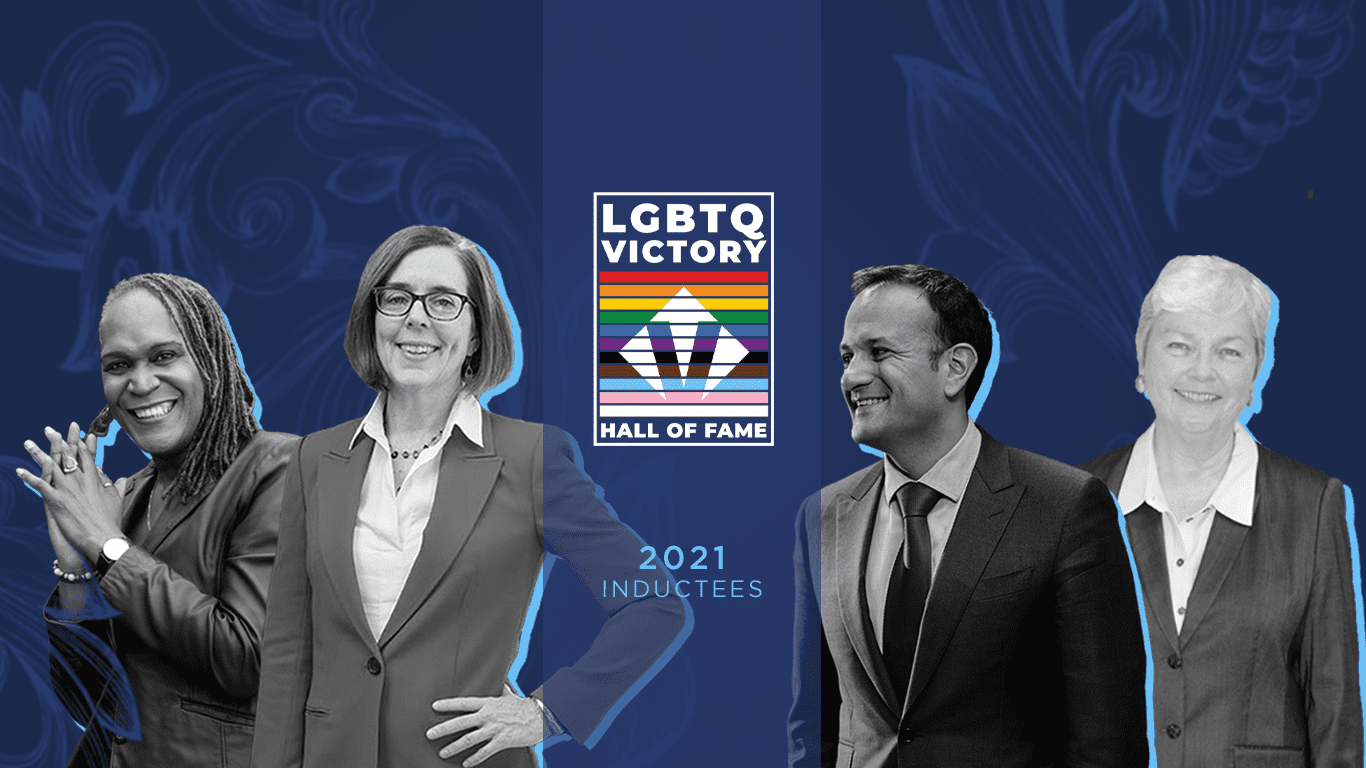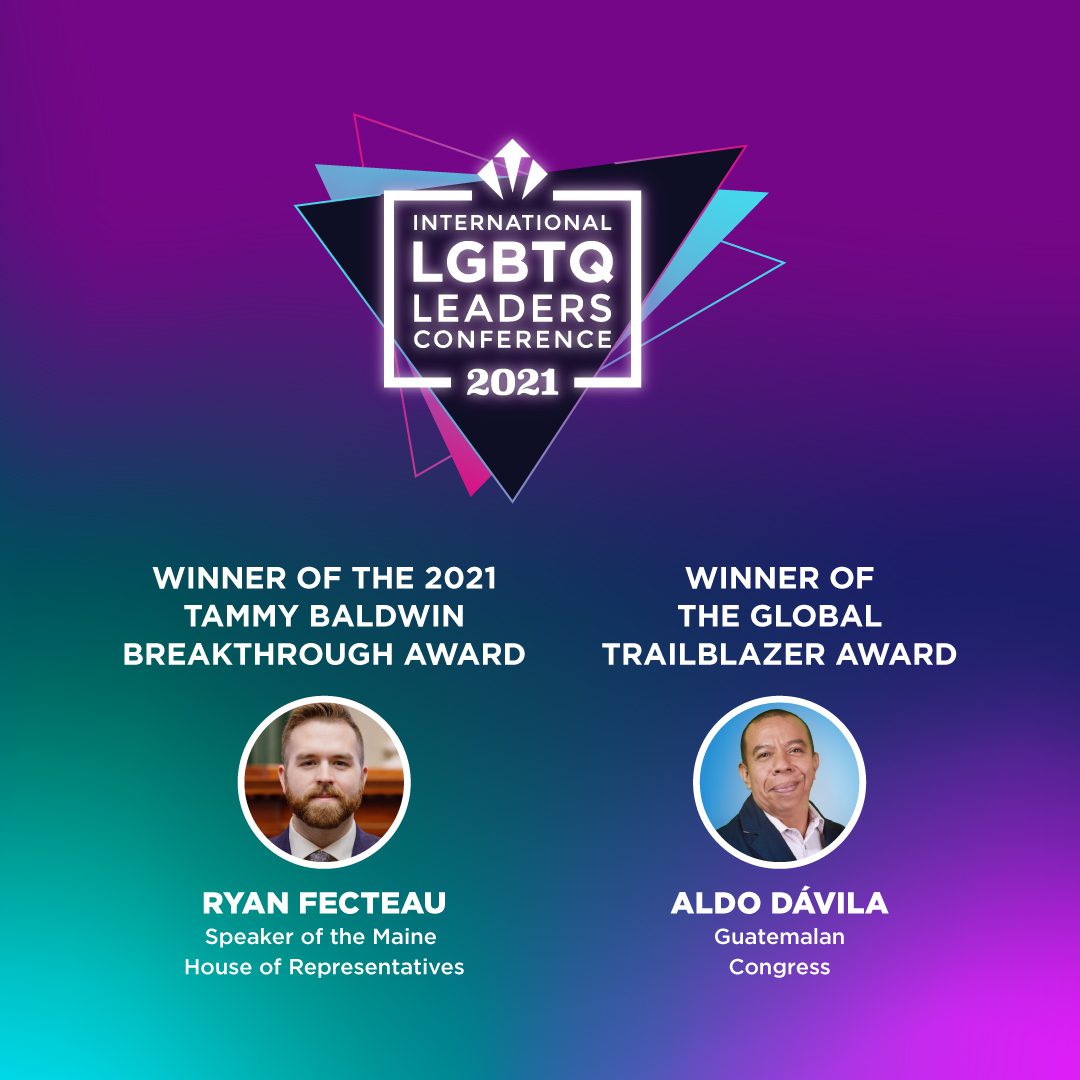
On Monday, September 23, the LGBTQ community celebrated Bi Visibility Day – a day designed to recognize the impact bisexual people have made on culture, politics, and history.
In the United States, 32 elected officials, including a governor and two members of Congress, identify as bisexual. And there are bi people serving in 10 state legislatures and in several municipalities across the country. Each one of them blazed a trail for bi people to embrace their authentic selves and follow in their footsteps.
Oregon Governor Kate Brown, one of America’s leaders on climate change and voter registration reform, has won two elections as governor (2016 special election, 2018 re-election) after assuming the office in 2015. In November 2018, Kyrsten Sinema and Katie Hill were elected to the U.S. Senate and U.S. House of Representatives, respectively – bringing the total of openly LGBTQ members of Congress to 10.
Representation matters because when we are seen, our existence cannot be erased.
To celebrate Bi Visibility Day, LGBTQ Victory Institute caught up with four bi elected officials and asked them: “What does bi visibility and representation mean to you?”
Representative JoCasta Zamarripa, Wisconsin State Assembly
“Bi-visibility and representation means acceptance and authenticity. It means other bi folks feel that much more supported in perhaps being able to come out, themselves, to their family, friends, and co-workers. It means out youth perhaps won’t struggle as much because they’ll see themselves in out, openly bi leaders in their communities, in elected office, and even in celebrities they follow. Our young people will see that as an out, openly bi person they can not only survive, they can thrive here in Wisconsin and everywhere!
Senator Megan Hunt, Nebraska Legislature
“It means normalizing love and humanity! Bi visibility is about celebrating the bravery of people who have done the work to know themselves and share that with the world. We’re out here!”
Senator Samuel Bell, Rhode Island Senate
“To me, bi visibility and representation matter because it legitimizes our identity and leads to acceptance. When I was in high school, so many people used to say that bisexuality wasn’t real. Slowly, things are changing. The more that we are open about who we really are the more that other bi Americans will be able to be open about their identity without facing doubt, discrimination, and ridicule.”
Supervisor Franklin Ramirez, Elgin Township (IL)
“Bi visibility and representation? It means crashing the invisible LGBTQ ceiling to educate everyone that just like politics, bisexuality isn’t black and white, that it’s about chemistry. I stand for public office to be an inspiration and to facilitate the change we seek.”
Out of 752 LGBTQ elected officials currently serving in the United States, 32 of them identify as bisexual. You can view them all at OutforAmerica.org.


